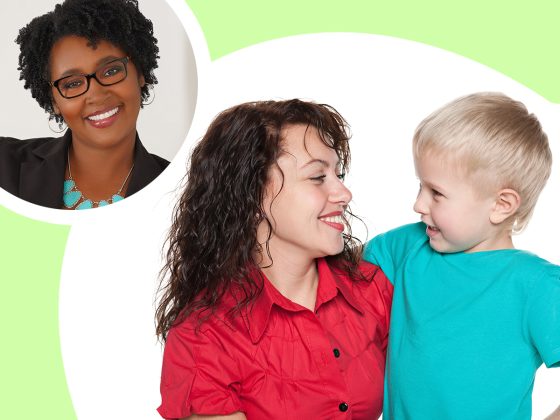
For White Parents: The 4 S’s of Antiracist Parenting
An article about anti-racist parenting.
Raising children to be kind human beings is a top priority for many parents, but being a “good” person is not enough! We also have the power to raise antiracist children. Antiracism is more than believing that racism is wrong—it means taking action against it. The good news is that children recognize unfairness early and they often want to do the right thing.
Sometimes it feels too big and we don’t know where to start. Here are four ways White parents can begin the journey at home.
SELF-REFLECT: Think about your knowledge, skills, and awareness around race. This will allow you to talk about race and racism, to identify racism when it happens, and to come up with strategies to counter it or to cope with it. Notice when you stereotype others, and stop to think about it. We all have biases that may have come from our childhood experiences, people around us, or the media. The more we reflect on our beliefs and where they came from, the more we can expand our racial literacy and model for our children to do the same.
SURVEY: Look around you and notice how much diversity children are seeing in their daily lives. Consider your own circle of friends, your children’s playmates, toys, music, and books. If children don’t see many people who look different from them, it can send a message about what’s important (or not)—but there are lots of ways to change that (see next paragraph)!
SEEK: You can start with a simple trip to the library to look at books featuring people who look different from you. Expose your children to a diverse range of people—look for cultural events, after school activities, clubs, and restaurants that involve people of different races. It’s okay to discuss racial and cultural differences (for instance, at an outdoor concert, you might say “the music is from [name of country], and lots of people here are from that country. There are many people with dark skin in that country.”) This is also a great way to engage and form connections within your community.
SPEAK: Talk your children about race, people’s differences, and how people are treated unfairly because of the color of their skin. Don’t wait until the “perfect” moment or until you have all the answers. If children are aware of current events, use dinnertime conversation to explain and talk about what’s happening, what needs to change and how we can all be part of that change, and encourage children to keep asking questions and sharing their thoughts.
Last, remember it’s okay to not have all the answers! By actively expanding your children’s racial awareness, you’re well on your way to raising the next antiracist that the world needs.
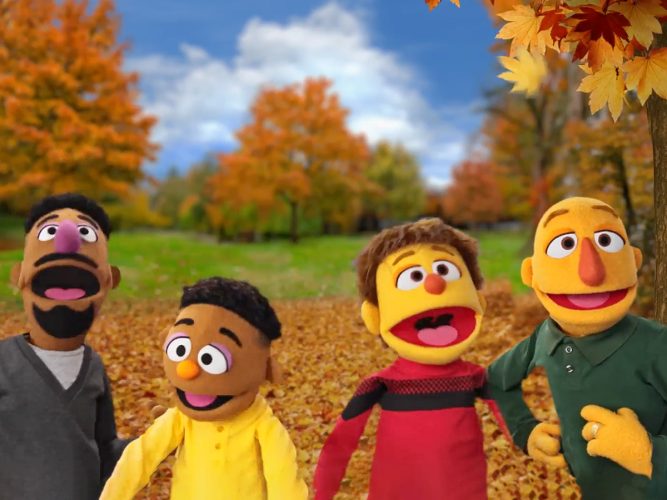
The Wiggle-Jiggle Game
A video about a getting-to-know-you game that helps kids appreciate similarities and differences.
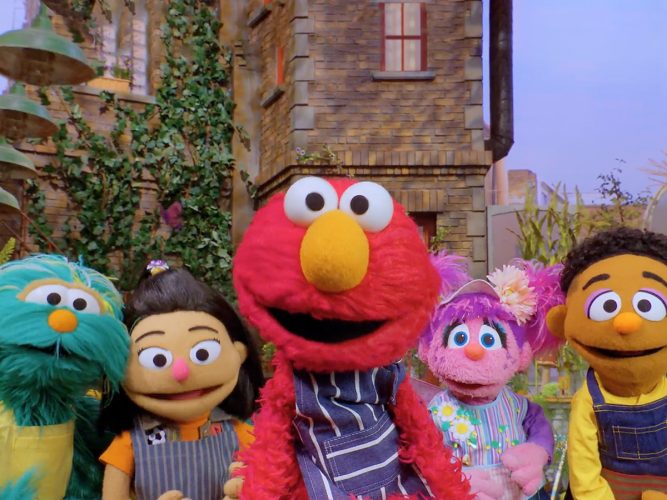
Community Song
A video about community.
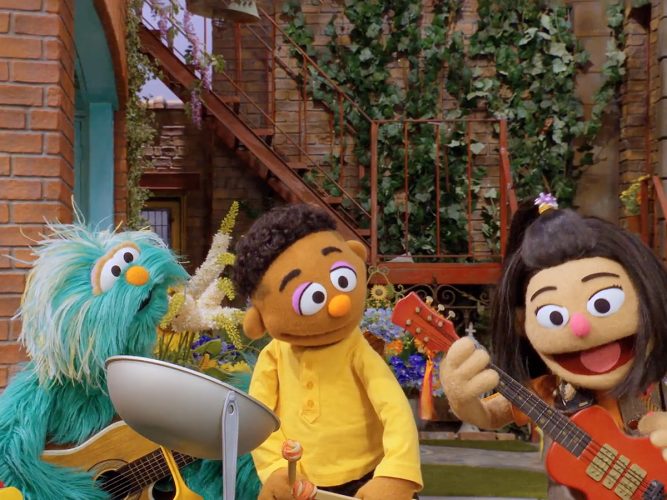
Musical Show & Share
A video about coming together to create something beautiful.
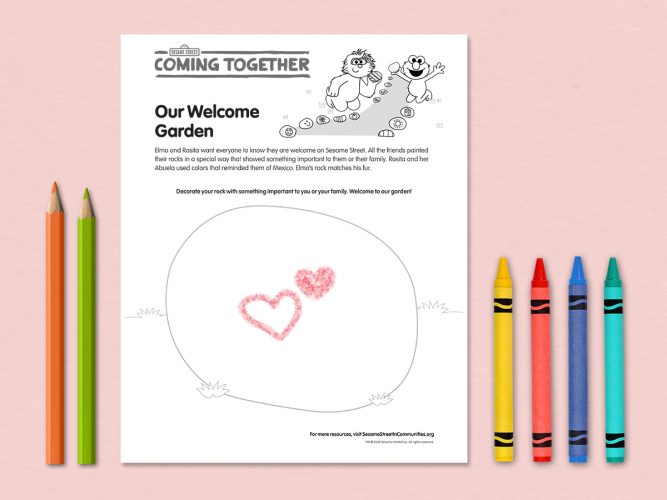
Our Welcome Garden
A printable page about a community rock garden.
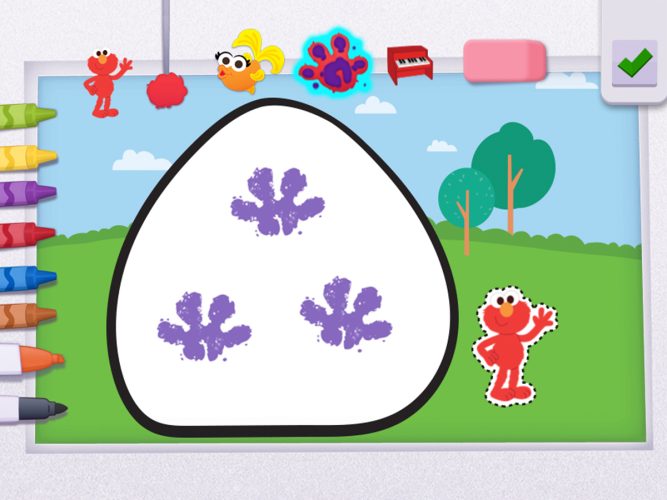
Welcome to Our Garden
An interactive game in which children add rocks to the Sesame Street community garden.
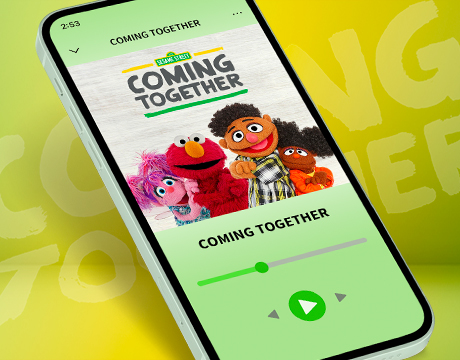
Coming Together Playlist
This curated playlist is perfect for helping children explore friendships, celebrate differences, and build a better future.
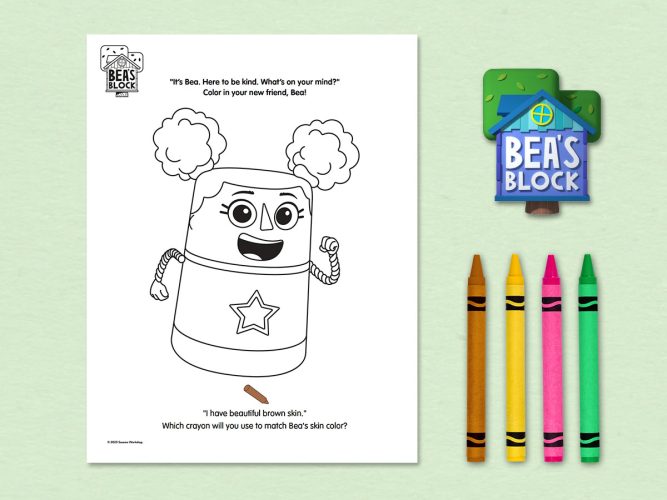
Bea’s Block Kindness Adventure Color & Activity Guide
Activities and coloring pages for children that celebrate kindness.
